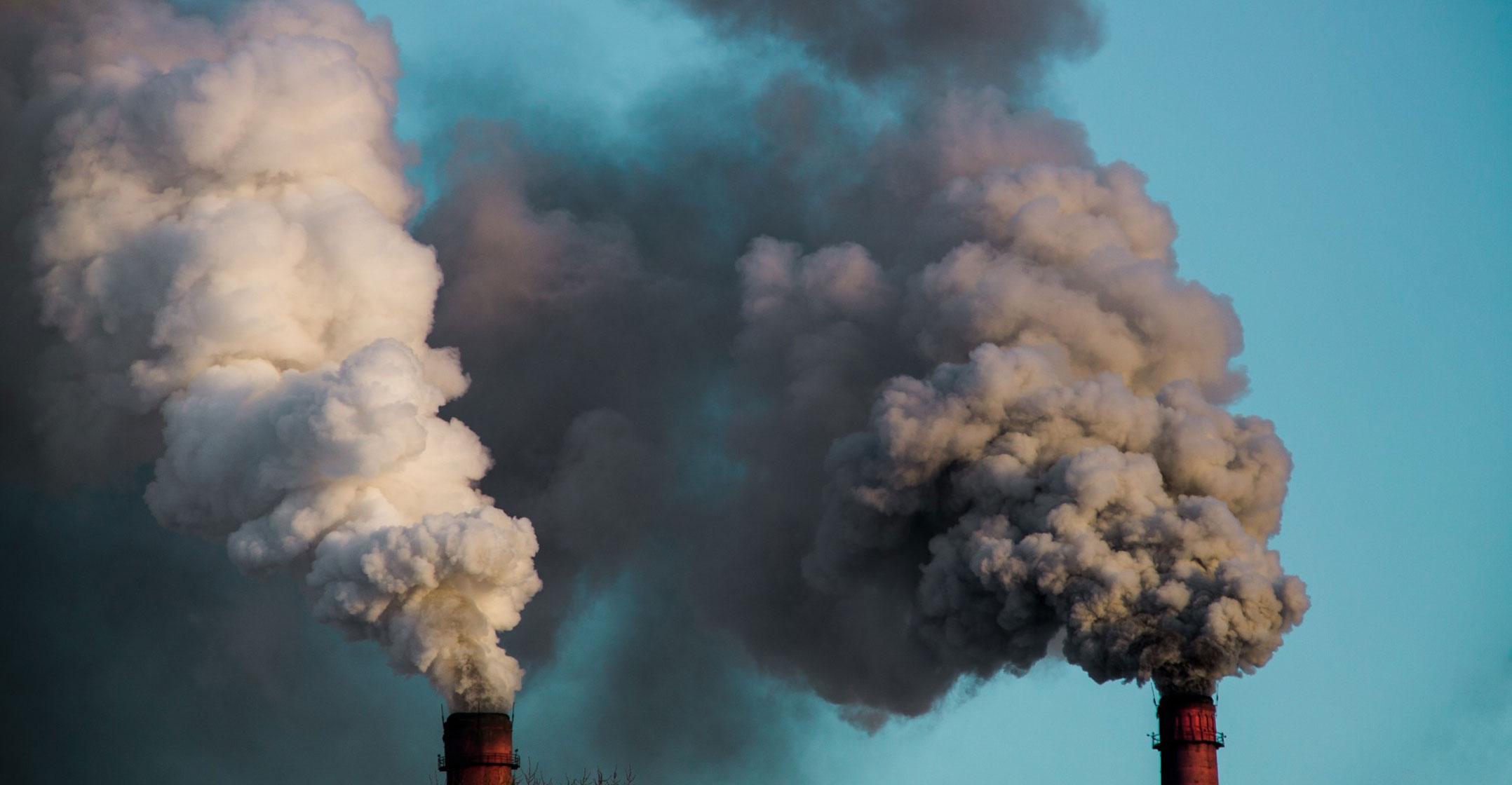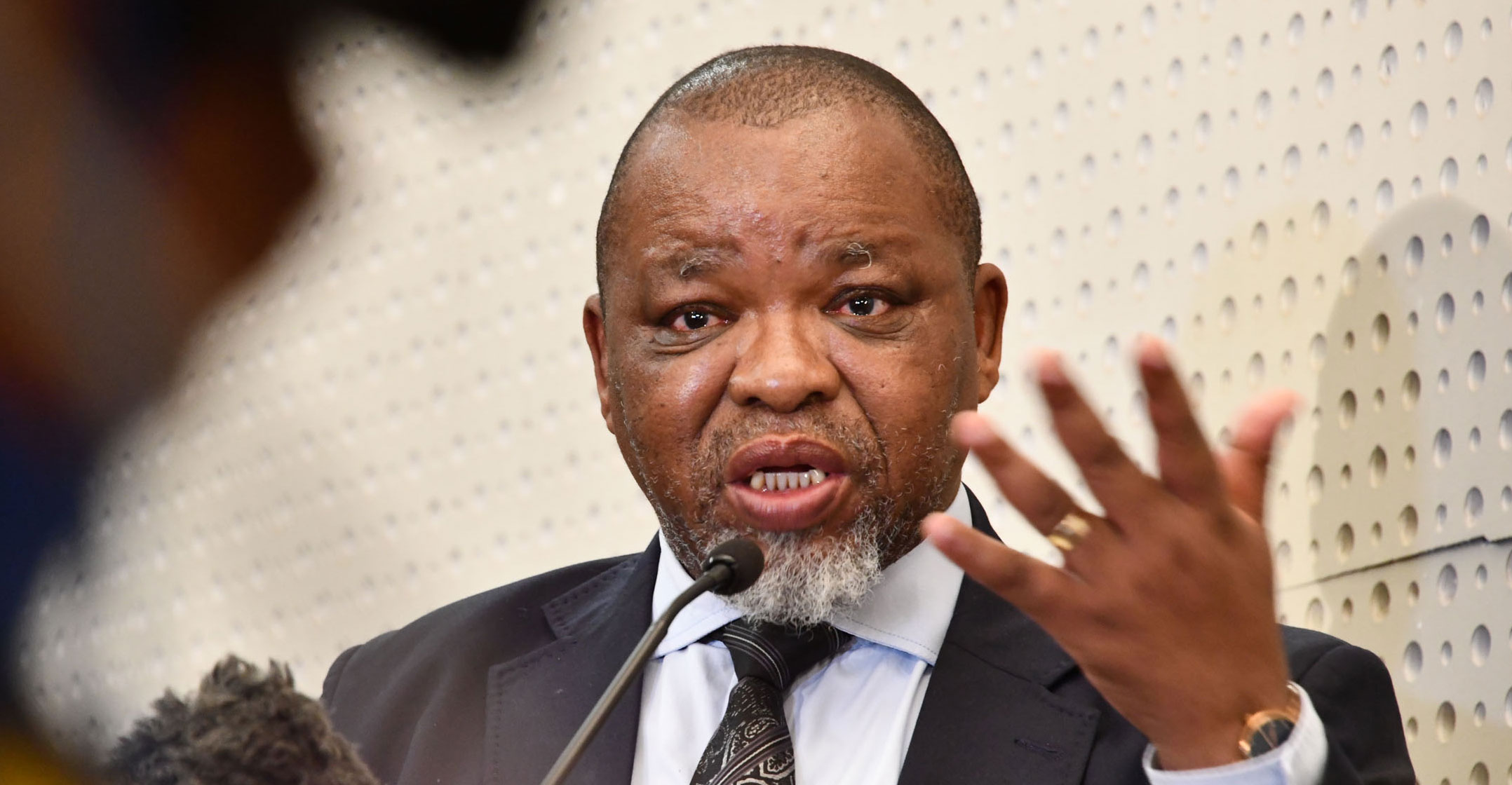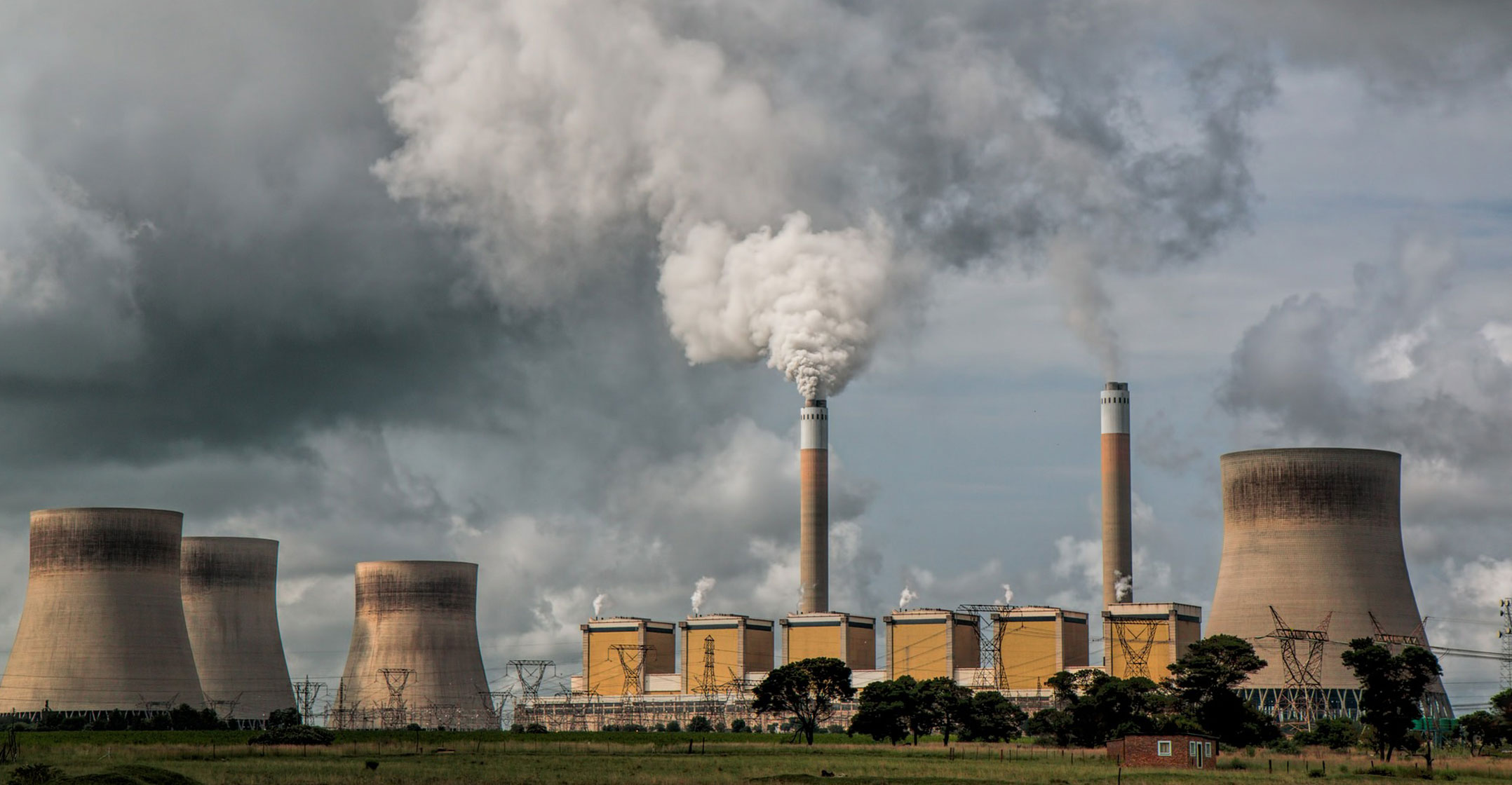 In 2019, scientists working for South Africa’s government completed a study on the health impacts of pollution from the country’s sprawling coal industry.
In 2019, scientists working for South Africa’s government completed a study on the health impacts of pollution from the country’s sprawling coal industry.
The researchers for the CSIR had been assured by government authorities that their years-long study would be published, according to three people familiar with the matter.
So far, it has not seen the light of day.
The study, a copy of which was reviewed by Reuters, showed more than 5 000 South Africans die annually in the nation’s coal belt because the government has failed to fully enforce its own air quality standards. It also revealed that nearly a quarter of households in the region, where 3.6 million people live, have children with persistent asthma. That’s double the national rate.
South Africa’s government has since 2015 granted waivers from emissions limits to its indebted state power and fuel companies, Eskom and Sasol, allowing them to save money.
That kind of continuing government support highlights an issue in many coal-dependent nations, from Australia to Indonesia, that is hobbling the transition to cleaner energy. In producing countries, governments, businesses and local residents often see coal as an economic lifeline.
South Africa’s coal industry, the world’s fifth largest, employs 90 000 miners, generates 80% of the country’s electricity, and supplies the feedstock for about a quarter of the country’s liquid fuel for vehicles, all at a time of soaring unemployment and frequent blackouts.
Smog and ash
The costs of a mammoth coal industry are also high, and not just for the climate. South Africa’s coal belt is blanketed in smog and coal ash; the stink of sulphur pervades. The area east of Johannesburg is among the world’s most polluted, experts say, rivalling Beijing and New Delhi.
In 2017, British air pollution expert Mike Holland calculated that the health impacts from Eskom’s emissions alone cost South Africa US$2.37-billion every year.
Environment minister Barbara Creecy, whose department commissioned the 2019 coal health study, declined to say why it remains unpublished. She said the government still intends to release it at some point.
“We understand that there are serious health challenges facing communities,” she said, adding that the government considers improving air quality “absolutely imperative”.
Temperatures in Southern Africa are rising twice as fast as the global average, according to the International Panel on Climate Change
But Creecy’s department of fisheries, forestry & the environment has publicly defended its lax enforcement of pollution regulations as an economic necessity in court battles with activists. In a recent filing, it said its main challenge is addressing pollution without hurting “the poor, who are desperate for job opportunities”.
As the United Nations’ climate conference, Cop26, in Glasgow gets under way this month, coal is in the crosshairs of a global push to replace it with cleaner fuels.
South Africa is the world’s 12th largest greenhouse gas emitter, according to the non-profit Global Carbon Atlas. This water-stressed country also stands to be one of the big losers from climate change. Temperatures in Southern Africa are rising twice as fast as the global average, according to the International Panel on Climate Change, pushing the region’s north-western deserts south.
In an effort to secure foreign investment, Eskom is pitching a $10-billion plan to shut most of its coal-fired plants by 2050 and embrace renewables like wind and solar, with financing from wealthy nations. The US, Britain, France, Germany and the European Union on Tuesday provided that effort a big boost, offering $8.5-billion to help South Africa transition off coal.
‘Economic suicide’
Eskom’s green push, however, has put the company in conflict with energy minister Gwede Mantashe, who has called ditching coal “economic suicide”.
Mantashe represents a powerful constituency within the ruling ANC that includes workers’ unions on whose support the party depends to win elections. Those unions, like Mantashe, are concerned about job losses.
“We should not collapse our economy because they are greedy for green funding,” Matashe told a South African mining conference in October. He has previously said switching off the nation’s coal plants would allow South Africans to “breathe fresh air in the darkness”.
Mantashe declined to comment for this story.
Darkness is already a familiar experience in the coal belt. Power cuts are a daily reality for the shanties threaded between the mine shafts and cooling towers of towns like Emalahleni — “The Place of Coal” in isiZulu.

If people stay, it is for the chance of a job.
Mbali Matabule and her partner were high school students when they swapped phone numbers on a dirt track in Vosman, a township outside Emalahleni. After graduation, her partner found work in Sasol’s Secunda plant, which transforms coal into liquid fuel for cars. The following year, Matabule bore their first child, Princess.
His salary allowed them to feed and clothe their daughter and buy trappings of middle-class life: a TV, microwave, fridge and electric cooker to put in their shack at her parents’ compound.
Then, in May 2018, as she approached her fourth birthday, Princess started struggling to breathe. They rushed her to the hospital, where a doctor put a mask on Princess’s face attached to a nebuliser.
“They said she had asthma,” Matabule said. “I was thinking: Why? She was not born with asthma.”
Towards the end of that year, they had a second child, Asemahle, who soon also developed breathing problems. “Her chest was rasping,” Matabule said.
Hospital visits became routine, and the medical costs started to mount. Without health insurance, the couple was spending R2 500/month on medical bills for their kids, nearly half Mbali’s partner’s salary.
Smog released from burning coal is laced with chemicals like sulphur and nitrogen oxides, mercury and lead, and radioactive elements like uranium and thorium.
“We know air pollution from coal causes lung problems, cardiac diseases. It impairs cognitive development of children,” said Mohammed Tayob, a doctor in Middelburg, one of the worst affected towns in the coal belt.
Choking to death
The 2019 CSIR study obtained by Reuters concluded that 5 125 lives could be saved every year in the coal belt by enforcing national air quality standards on soot.
The air in Emalahleni, it said, contains around 20% more particulate matter than the nation’s limit of 40 micrograms per cubic metre, and more than three times more than recommended by the World Health Organisation.
The region’s sulphur dioxide levels, meanwhile, are off the charts. The non-profit Centre for Research on Energy and Clean Air this month found Eskom alone emits more SO2 than the entire power sector of the US and China combined.
Clearing up the air would require a crackdown on polluting industries.
 Eskom environmental manager Deidre Herbst said the government waivers allowing his company to exceed pollution limits were an economic necessity: It would cost R300-billion and take 10-15 years to fully meet national SO2 standards, leading to prolonged outages in the meantime.
Eskom environmental manager Deidre Herbst said the government waivers allowing his company to exceed pollution limits were an economic necessity: It would cost R300-billion and take 10-15 years to fully meet national SO2 standards, leading to prolonged outages in the meantime.
“It’s impossible for us to become immediately compliant,” she said, and South Africa can’t simply switch off all its coal plants.
Sasol spokeswoman Matebelo Motloung said the company’s emissions were permitted under its operating licences and that the company hoped to embrace cleaner technologies in the future.
Matabule had not imagined the haze in her neighborhood was behind her childrens’ illness until she attended a local meeting about air pollution and heard the stories of neighbours.
I became so angry because nobody was doing anything, and people were sick and dying
“I became so angry because nobody was doing anything, and people were sick and dying,” Matabule said.
But, like her husband who relies on coal for a pay cheque, many in her community are wary of a transition to cleaner energy.
Vosman resident Valentia Msiza, 33, said her family has done well since her husband got his job in the coal mines. They worry a transition could leave them behind.
They, too, have a child with respiratory problems – and they can’t pay for his care without the husband’s salary and health insurance. The family is seeking a medical specialist to treat their toddler’s lung disease.
“That’s our last hope now,” Valentia said. — Reported by Tim Cocks, (c) 2021 Reuters

